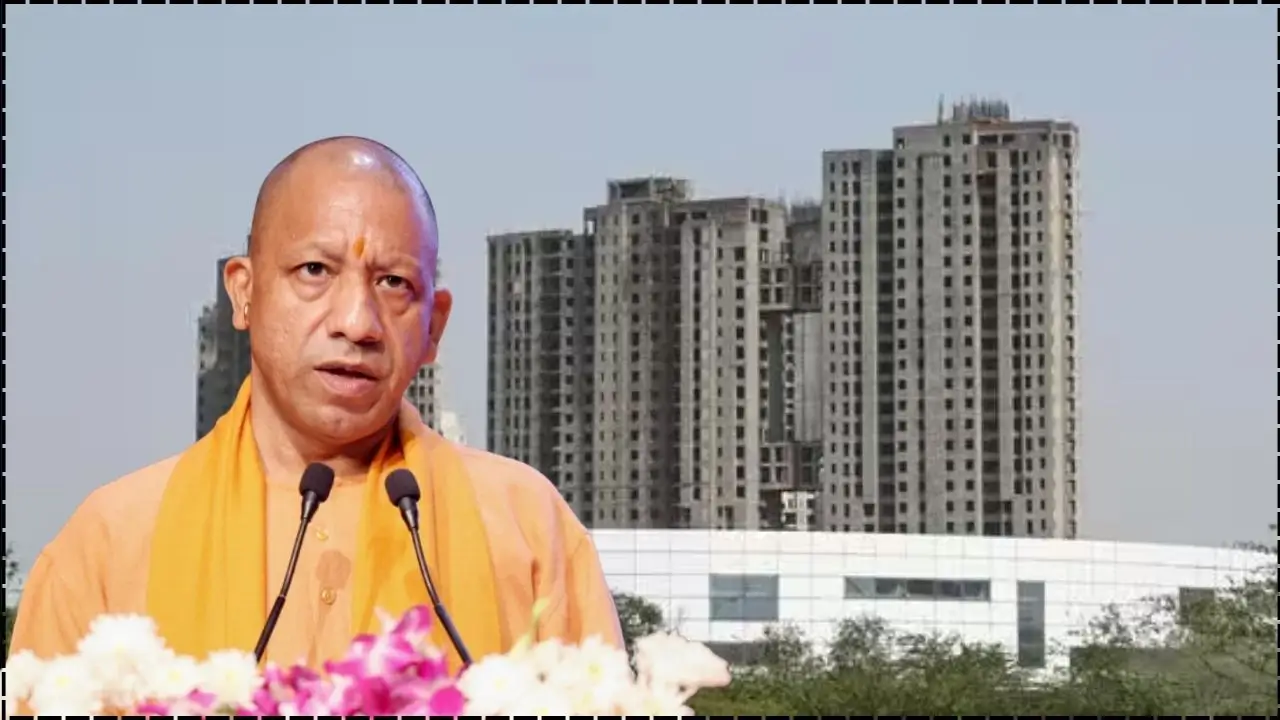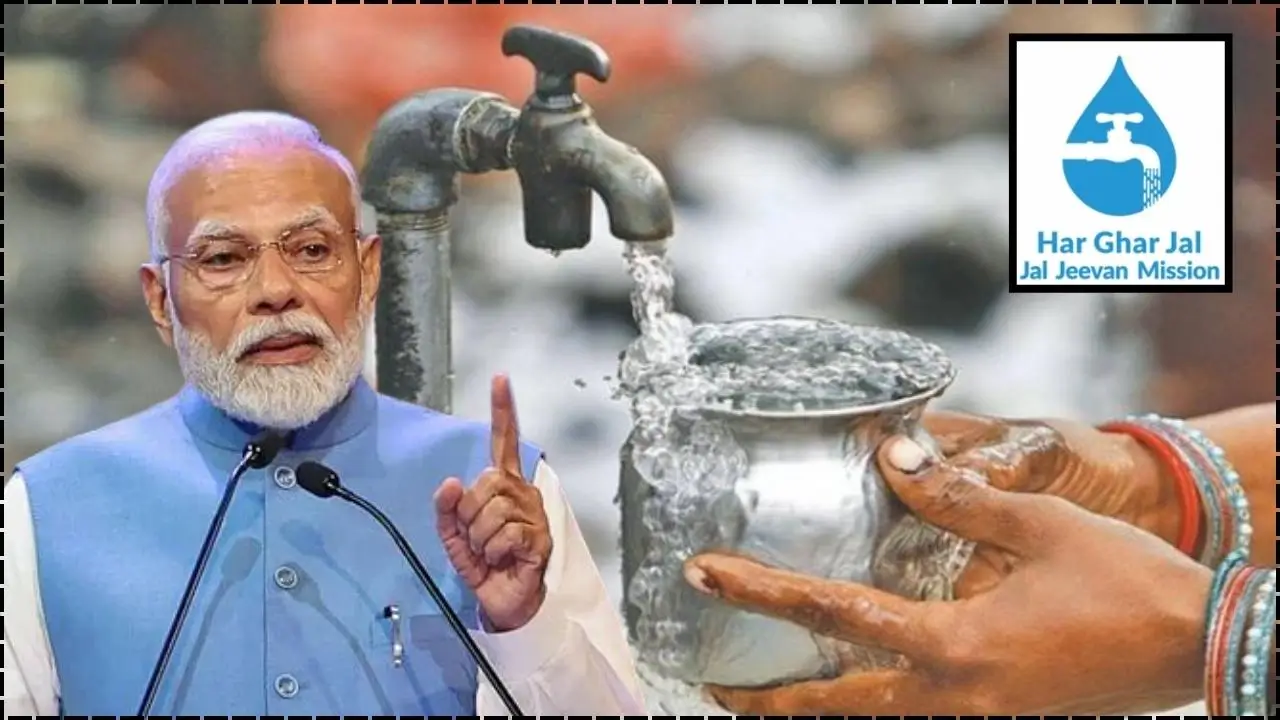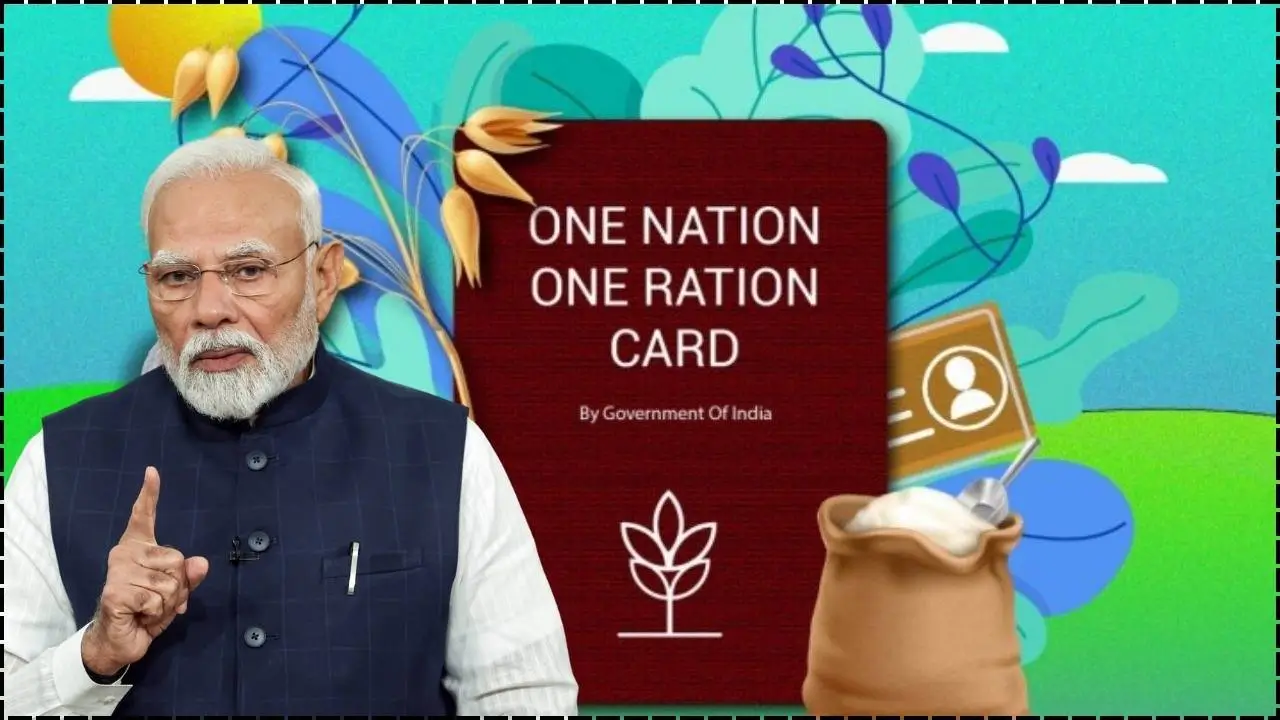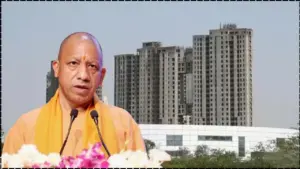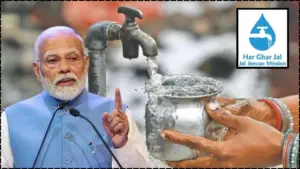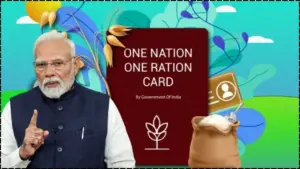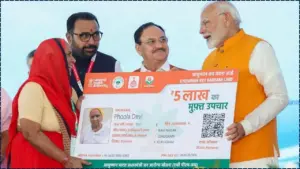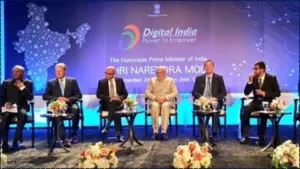The Chhattisgarh BhuNaksha land map initiative is a heartfelt stride toward empowering communities by digitizing public land records, making vital information more accessible and fostering trust through greater transparency. While these online maps are not yet legally certified, this compassionate effort significantly reduces the burden of in-person visits, offering convenience and hope to residents seeking clarity about their land.
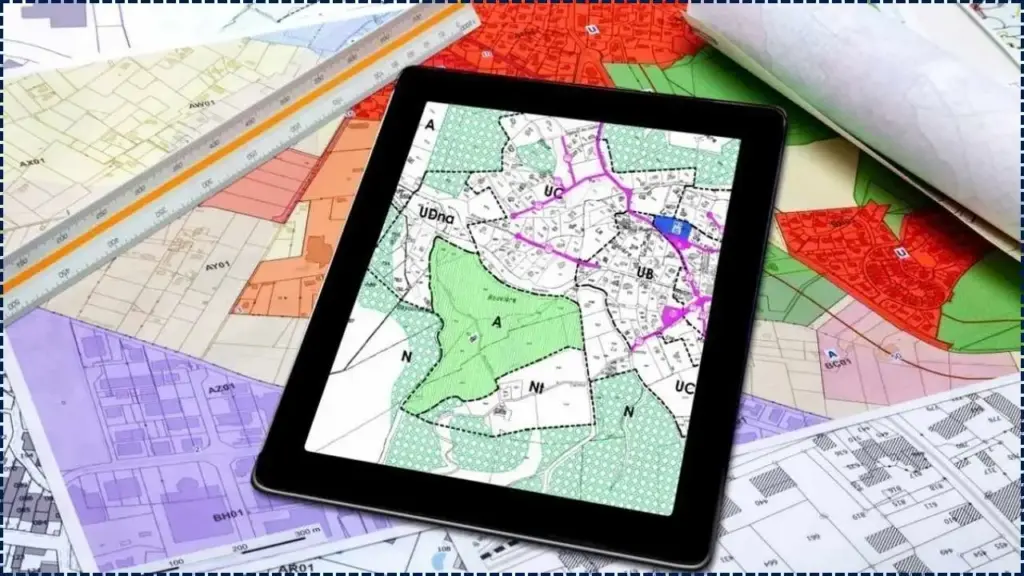
With ongoing dedication to digitization, the platform is poised to soon provide seamless, inclusive access across all districts, ensuring that every individual can engage with this essential resource with ease and dignity.
The Chhattisgarh BhuNaksha land map service allows citizens to access digitised land records and cadastral maps online. Officials say the initiative, supported by the National Informatics Centre, provides transparency in land management and simplifies verification for residents.
What is the Chhattisgarh BhuNaksha System?
The BhuNaksha system is a digital platform for accessing cadastral maps, which show land parcels and their ownership. It is integrated with Bhuiyan, the state’s land records portal managed by the Chhattisgarh Revenue and Disaster Management Department.
According to the department, the initiative ensures that landowners can verify khasra numbers, plot boundaries, and ownership details without visiting revenue offices. The National Informatics Centre (NIC), which developed the platform, has confirmed that the system aligns with India’s Digital India programme.
Download Chhattisgarh BhuNaksha Land Map Online
Citizens who wish to download Chhattisgarh BhuNaksha land map online need specific details before using the portal. These include the district, tehsil, and village of the property, as well as the plot or khasra number.
The process is designed to be straightforward, though officials note that certified maps for legal purposes must still be obtained from revenue offices.
Guide to Accessing the Map
1. Visit the Official Portal
Users must go to bhunaksha.cg.nic.in or bhuiyan.cg.nic.in, the official portals managed by the Chhattisgarh government.
2. Select Region
The system requires the selection of district, tehsil, and village from dropdown menus.
3. Enter Plot Details
The plot number or khasra number must be provided to identify the parcel of land.
4. Generate Map Report
After selecting the plot, the portal provides a “Plot Info” or “Map Report” option. This can display details of the landholding.
5. Download or Print
Users can then download a PDF copy of the cadastral map or print it directly. Officials caution that while this map is useful for reference, certified copies are required for legal disputes or transactions.
Digital Progress and Limitations
While the platform enhances accessibility, the state acknowledges certain limitations. Coverage remains incomplete in villages where digitisation is ongoing. Additionally, bandwidth and server issues sometimes interrupt access in rural areas.
“The portal has expanded citizen access to land records, but full coverage will depend on the pace of digitisation,” said an NIC official familiar with the project.
Related Links
Checking Your LPG Gas Subsidy Status Online: Quick Steps to Follow
Download Your National Population Register (NPR) Details Online: Check Quick Guide
How to Apply for a Food Licence (FSSAI) Online in India: Step-by-Step Process
Expert Perspectives
Land policy researchers highlight that digital records can reduce disputes and corruption in land transactions.
Dr. Rajesh Patel, professor of rural studies at Pandit Ravishankar Shukla University, observed: “Providing cadastral maps online increases transparency, but legal recognition of digital copies is the key challenge. The state must ensure certified access is equally efficient.”
Analysts also note that increased digital access supports financial inclusion by making it easier for farmers to use land records for loans and subsidies.
Looking Ahead
The Chhattisgarh government has indicated that future updates may integrate mobile access and improved authentication systems. Officials are also considering linking the BhuNaksha system with Aadhaar for streamlined verification, though privacy concerns are under discussion.
Until then, residents are advised to rely on the existing system for reference while obtaining certified documents from official offices when necessary.


